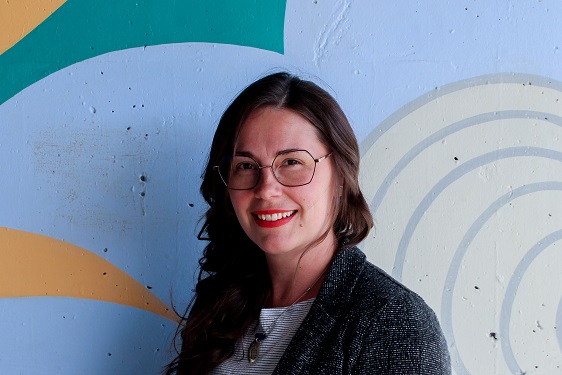Sarah Marie Wiebe
Date
End Date
Location
Event Description
Title: A Cautionary Tale for Environmental Justice: Pollution, Deliberation, and the Paradox of Public Engagement in Canada’s Chemical Valley
Tensions over the representation of reproductive health data in Canada’s Chemical Valley emerged when Aaamjiwnaang First Nation members expressed concern about a skewed birth ratio in their community. From an interpretive policy analysis lens, this paper addresses the discursive policy challenges faced by those who are most affected by the toxic policy assemblage of enduring pollution exposure. In response to the research question: how can the voices and lived-experiences of those living in pollution hotspots like Chemical Valley contribute to the theory and practice of environmental justice, this paper draws upon findings from extensive field-work in Lambton County, including participant observation at townhall meetings and in-depth interviews. Findings highlight four discursive challenges: a struggle to define scientific expertise, the politics of scale, an overemphasis on lifestyle blame, and jurisdictional ambiguity. The article concludes with strategies for improved environmental justice and lessons learned for policy justice in Canada and beyond.
About the Speaker: Sarah Marie Wiebe, School of Public Administration; A/Director, Studies in Social Justice Program, University of Victoria
Dr. Sarah Marie Wiebe grew up on Coast Salish territory in British Columbia, BC. She is an Assistant Professor in the School of Public Administration at the University of Victoria and an Adjunct Professor at the University of Hawai'i, Mānoa with a focus on community development and environmental sustainability. She is a Co-Founder of the Feminist Environmental Research Network Collaborative and author of Life against States of Emergency: Revitalizing Treaty Relations from Attawapiskat with UBC Press, 2023. Her book Everyday Exposure: Indigenous Mobilization and Environmental Justice in Canada's Chemical Valley (2016) with UBC Press won the Charles Taylor Book Award (2017) and examines policy responses to the impact of pollution on the Aamjiwnaang First Nation's environmental health. At the intersections of environmental justice and citizen engagement, her teaching and research interests emphasize political ecology, policy justice and deliberative dialogue. See: www.sarahmariewiebe.com
Watch a recording of this event.
Featured Image
Featured Image
